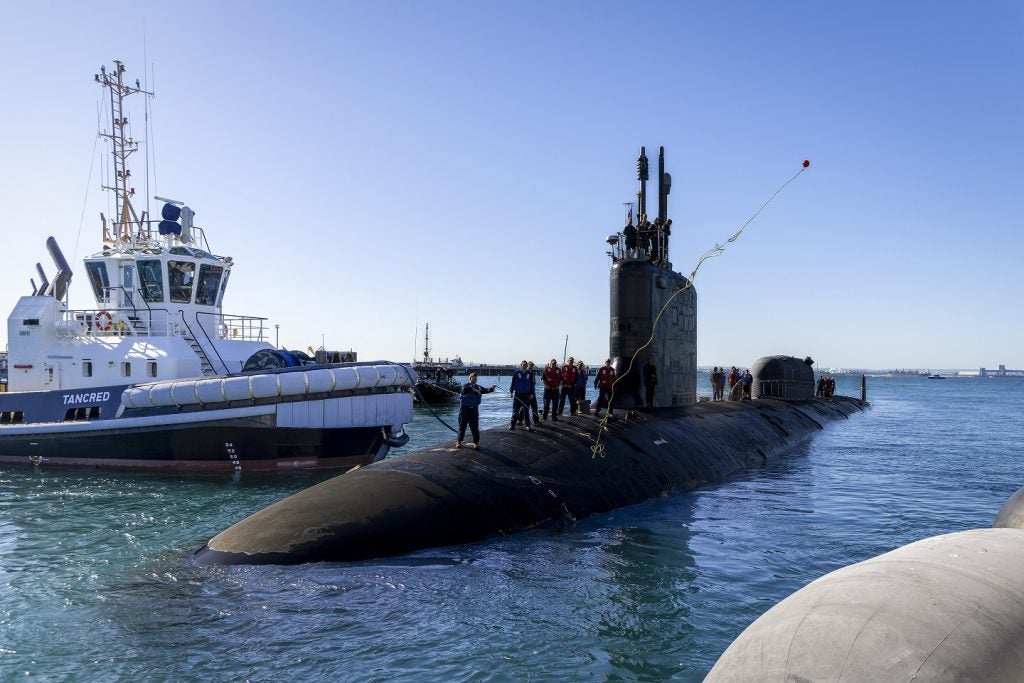
The US Navy is supporting the development of algae-based biofuel by the University of Arizona’s Arizona Centre for Algae Technology and Innovation (AzCATI).
AzCATI leads the US Department of Energy (DOE)-funded national algae testbed, the algae testbed public-private partnership. The Navy is seeking to discover if the cost of creating algae biofuels could be lowered to challenge traditional fuel markets.
US Navy Energy, Installations and Environment assistant secretary Dennis McGinn said the navy is very interested in developing alternative transportation fuel to power its fleets.
"Algae biofuel represents great potential in that it is sustainable and scalable," McGinn said.
How well do you really know your competitors?
Access the most comprehensive Company Profiles on the market, powered by GlobalData. Save hours of research. Gain competitive edge.

Thank you!
Your download email will arrive shortly
Not ready to buy yet? Download a free sample
We are confident about the unique quality of our Company Profiles. However, we want you to make the most beneficial decision for your business, so we offer a free sample that you can download by submitting the below form
By GlobalData"That’s why we’re interested in working with ASU and the industry to advance this technology."
See Also:
With plans to use about 10% to 50% biofuel blends to power its vessels, the US Navy is working with the US Department of Agriculture (USDA) to reduce biofuel costs to $3.50 per gallon or less, at the commercial scale of 170 million gallons a year.
Furthermore, the navy’s use of domestic renewable fuels may enhance national and economic security.
"Globally, there is a continuing overreliance on fossil fuel," McGinn added.
"While we are very appreciative and view it as a blessing to our country to have this current oil and gas boom, in the national security business we get paid to look over the long-term horizon."
Under the Defence Production Act, the US Navy, together with the US DOE and USDA, has been investing to reduce the cost of biofuel production.
Image: Dennis McGinn surveying algae ponds during his visit to ASU. Photo: courtesy of Sarah Mason.








